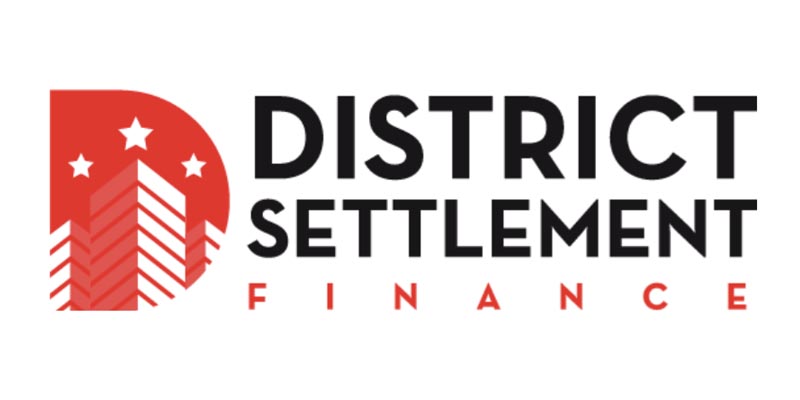How to Sell Your Annuity for Cash Now
Updated:
Retirement Living takes an unbiased approach to our reviews. We may earn money when you click a partner link. Learn More

Annuities can be a great source of regular, reliable income during your retirement years. But you may consider selling your annuity if you need quick access to cash. Like any investment decision, you should weigh your options carefully and consult your financial advisor before signing any paperwork.
3 Ways to Sell Your Annuity Payments
Selling your annuity means giving up the ability to receive a stream of payments from your insurer in the future. You are exchanging those future payments for a chunk of cash now.
Annuities can be sold in part, in a lump sum sale, or sold in their entirety. The right option for you depends on your financial situation.
Partial Annuity Sale
With a partial annuity sale, you’ll sell some of your annuity payments and continue receiving periodic payments without sacrificing the tax benefits of an annuity. For example, if you need cash to cover a specific need, you can sell the first three years of your annuity payments to pay for major home repairs. You’ll receive a check for those three payments at the time of the sale, and your payments will resume after those three years have passed.
A partial sale is also convenient because you can sell a portion of your annuity payments more than once, which can help ensure you still have options for funding future expenses quickly.
Lump Sum Annuity Sale
A lump sum sale is similar to a partial sale, but instead of selling specific payments, you sell a portion of the overall value of your annuity. For instance, if you need $25,000 for a new car, you can sell $25,000 of your annuity’s value. You’ll still receive periodic payments for the specified number of years you would have received before selling a lump sum, but your annual payment amounts will all be considerably smaller.
Entirety Annuity Sale
The most straightforward way to sell an annuity is to sell the entirety of your payments gives you a larger payment than a partial or lump sum sale. However, you’ll lose your investment and forfeit your future periodic payments.
What Is Your Annuity Worth?
Typically, you will receive between 60% and 80% of the cash value of your annuity. Several factors determine how much you will receive for selling your annuity payments.
The difference between the value of your annuity and what you’ll receive in cash if you sell it is determined by the discount rate. The lower the discount rate, the better for you.
Annuity buyers set their discount rate, and you can negotiate with the factoring company to reduce the percentage. The average discount rate ranges from 8% to 18%.
Factors that influence the discount offered by the annuity buyout company include:
- The total value of the payments you’re selling
- The number of payments you’re selling
- Current economic conditions
- Interest rates set by the Federal Reserve
- Additional fees charged by the factoring company
Note: Not every type of annuity can be sold. Payments from a divorce settlement, child support, 401(k) distributions, veteran’s benefits, and Social Security and disability payments are examples of annuities that are ineligible for sale. Many factoring companies will not purchase worker’s compensation payments, pensions, variable-indexed annuities, or company buyouts.
Who Buys Annuities?
Companies that buy annuities are called factoring companies, also known as structured settlement companies. These companies purchase annuities and structured settlements in return for a lump sum of cash. It’s important to do business with a reputable factoring company.
Ideally, your factoring company should:
- Never use high-pressure sales tactics, including limited time offers
- Have helpful sales representatives who take the time to explain the process to you
- Offer cash advances
- Offer a low discount rate
- Encourage you to get other quotes from their competitors
- Offer to let you review all of the paperwork with your attorney or financial advisor before signing
Fast Funding Time

District Settlement Finance
- Higher payouts in a faster time
- Over 20 years of experience
How to Cash Out an Annuity: The Process
The process for selling your annuity follows the same five basic steps:
- Seek guidance: Before selling your annuity, seek help from a trusted financial advisor or attorney who will help you determine if selling is in your best interest.
- Get several quotes: Comparison shop multiple structured settlement and annuity buying companies. They should offer you a risk-free, no-obligation quote.
- Accept the offer: Consider the offers you’ve received and their terms. Once accepted, the buyout company will send you paperwork to complete the sale.
- Schedule a court date: A judge must approve the sale of your annuity, just like selling a structured settlement. The factoring company may provide an attorney, or you can use your own.
- Receive your money: Once the paperwork is processed, the factoring company will send you your cash. Funding times vary, but this process usually takes one to two weeks.
Pros and Cons of Selling Your Annuity
Selling your annuity might be a good option for alleviating debt or paying down a financial hardship, but it shouldn’t be a decision taken lightly. Before you sell your annuity, consider these benefits and drawbacks.
Pros
- Near-instant access to cash: Selling an annuity gives you more cash quickly instead of smaller payments over many years.
- Pay off debt: Sold annuity payments can help pay off debt, fund an emergency medical procedure, make vital home repairs, or address any unexpected financial need.
- Multiple options: You can sell some or all of your annuity to get money quickly while still investing money for the future.
Cons
- Reduced income for the future: Selling your annuity might help cover immediate financial emergencies, but selling it early reduces the number of annuity payments you’ll get later.
- Future payments are being sold at a discount: You won’t get the full amount of your annuity payments. The factoring company always takes a percentage.
- Tax implications: Any lump-sum payment you receive from an annuity purchaser will be treated as income, and you will owe taxes on the money in the year you receive it.
Bottom Line
Selling an annuity gives you quick cash if you need it. But when you sell, you lose a lot of the value of your annuity. Consider the decision carefully and how selling a stream of guaranteed income could affect your retirement and tax plan. If you decide to sell your annuity, work with a reputable factoring company to guide you through the process.